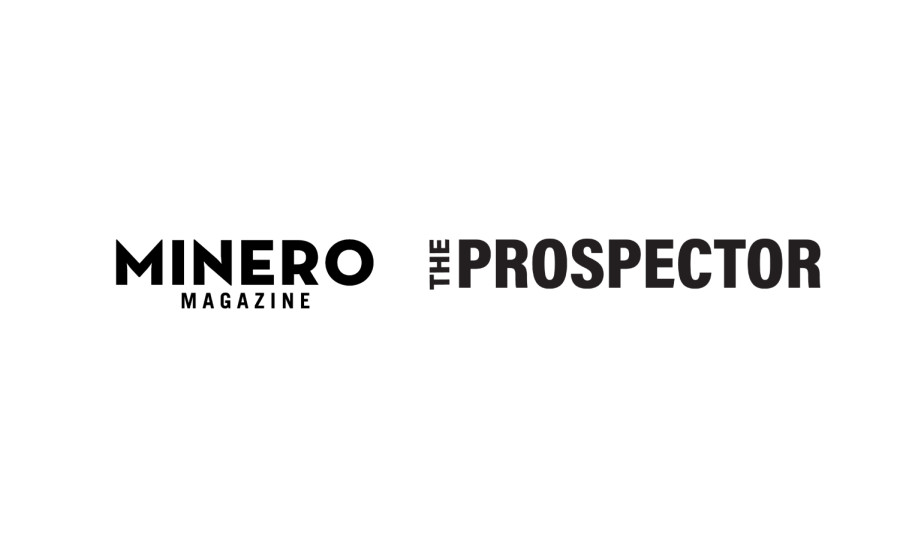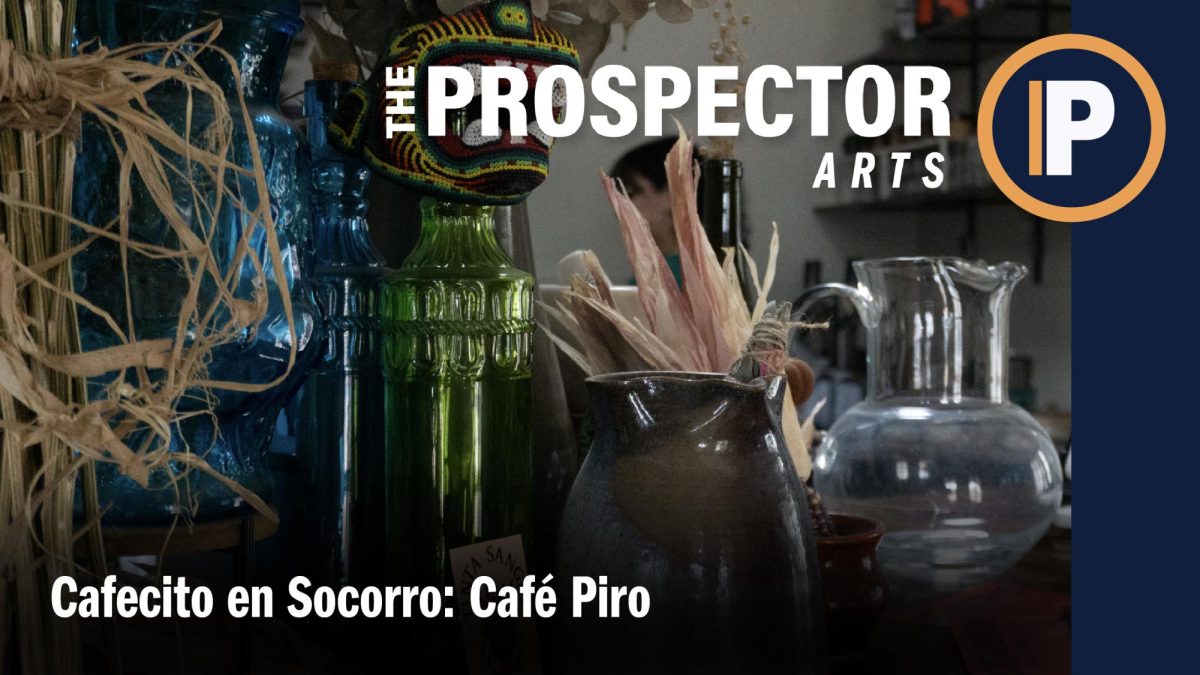The Battalion, the student-led newspaper at Texas A&M released an article on Feb.11 detailing that their university President Katherine Banks, Ph.D., is forcing the 129-year-old publication to stop printing. The decision was made without consulting any journalism professors on campus and was purely “a decision made by university leadership,” said Banks in an interview with The Battalion.
Regardless, The Battalion has said it will continue printing.
The Prospector & Minero Magazine support The Battalion in their decision to diligently continue printing news-stories despite university leadership demanding the publication to go completely online.
We see Texas A&M’s new policy of forcing The Battalion to stop printing as an overreach and a violation of their First Amendment rights. The university, along with attempting to cease printing, are trying to force the paper to move to the university’s Department of Journalism where the university would have full control of what gets published. If The Battalion choses to stay as a student organization they would lose their office space, its faculty advisor, and general manager.
Prior to this decision, The Battalion had run as an independent student organization reporting on student-issues at Texas A&M.
Under Texas A&M’s 2021 system policy, official messaging regulation, 09.02. ,any form of publication would have to be approved by the university.
All funding for The Battalion’s printing and payroll is made through selling advertisements and no funding is received from the university.
At the University of Texas at El Paso, students have reported, designed and printed The Prospector either weekly or bi-weekly since 1915 and Minero Magazine each semester since 2004, began printing Minero magazine, a bilingual publication, each semester.
Based in a bi-national community, UTEP’s student journalists are faced with readers – college students or not – who consume media in a wide variety of ways. UTEP’s international student population sometimes means that they must cross the U.S.-Mexico border, sometimes waiting up to four hours every day not only to attend classes, but sometimes just to access a computer.
This means that no, not everyone is online and not everyone can afford to be online.
The ability to do journalism, to read journalism in a wide variety of formats is a privilege.
Texas A&M’s president did not speak to any journalism professionals before making her decision and the President has no prior experience in journalism.
“I’m not a professor of journalism. I don’t understand exactly why [print media] is important to the field,” she said in an interview with The Battalion.
The ability to take a physical newspaper or magazine home where students might not have access to the internet or home to parents or guardians who might not know how the internet works is an important one to keep in mind.
When considering how to keep the public informed and how democracy is sustained in both the local and international level, accessibility is of the utmost importance.
Our unique student body lives and learns in a city where national and international policies become daily life. They want to know about what’s going on in their city and the city across the border.
Because of this, our publication team knows first-hand that it is essential to maintain increased accessibility to new-sources, regardless of where the publication is based.
Although both publications have adopted online formats to better connect with the increasingly online generation of students each year, the choice not to abandon printing, despite the increasing prices of print, is a willing one.
We will stand by The Battalion’s students and we hope they choose to continue to print and remain an organization in the name of student-press freedom.














